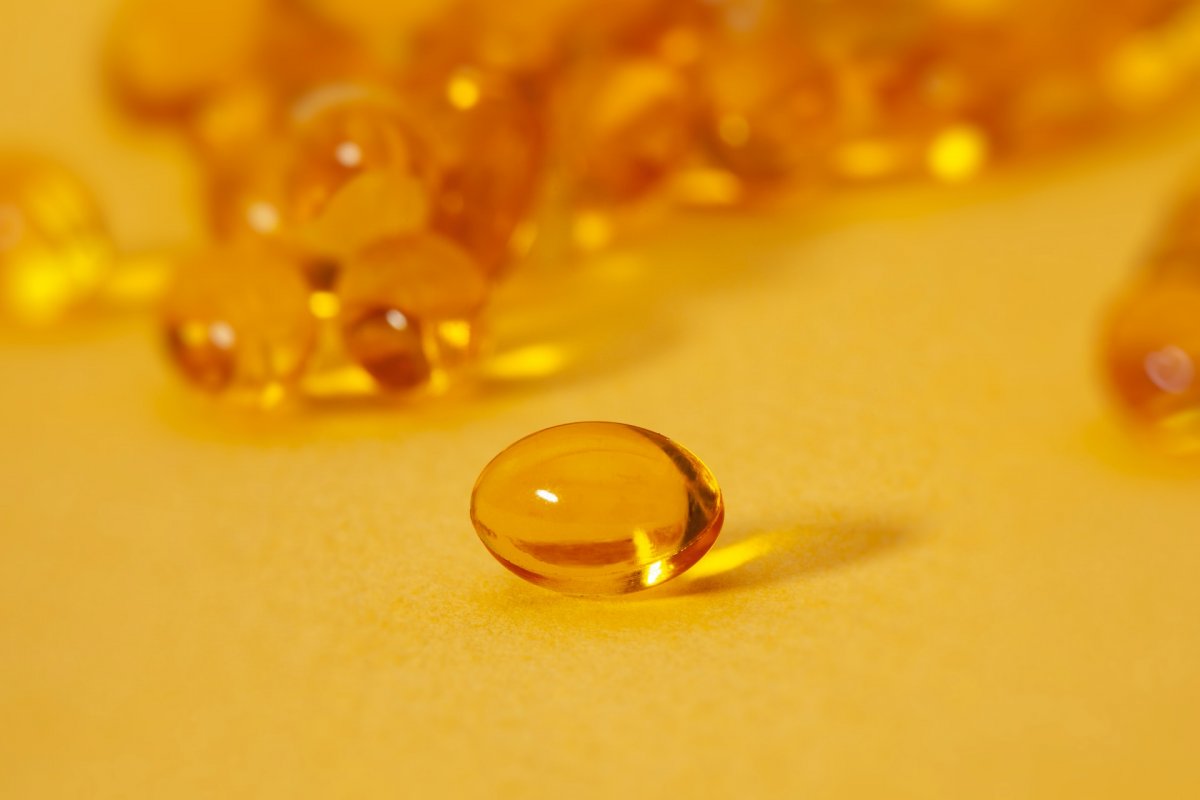
In extreme cases, taking high doses of vitamin D can weaken bones and damage the heart and kidneys.
< br>
Certain vitamins and minerals are vital when it comes to ensuring our bodies function to the best of their ability.
Deficiencies in certain nutrients can leave you feeling weak and tired and even make you susceptible to illness.
For this reason, many people rely on daily supplements, often in pill form. However, taking them may pose some health risks.
A general practitioner has warned of the dangers of both vitamin D deficiency and too much.
“Vitamin D is essentially a nutrient that the body needs in small quantities to function and stay healthy. Vitamin D helps the body use calcium and phosphorus to keep our bones, muscles and teeth healthy and strong. A lack of vitamin D, also known as vitamin D deficiency, can cause bones to become soft and weak, which can lead to deformation,” says general practitioner Tatyana Zakharova exclusively for MedicForum.
The main source of vitamin D is the sun. Vitamin D deficiency is associated with lack of energy and fatigue, so it's only natural that getting your daily dose through natural sun exposure will boost your energy levels.
However, in winter, sunlight doesn't contain enough UVB radiation for our skin to produce Vitamin D. In this case, it is necessary to increase your vitamin D intake through diet or supplements.
For this reason, your doctor recommends taking a daily vitamin D supplement during the fall and winter months.
Excessive intake of vitamin D
But taking too much vitamin D comes with risks.
“Taking too much vitamin D as a supplement over a long period of time can cause calcium to build up in the body, which can weaken bones and damage the heart and kidneys.” , explains Zakharova.
You should not take more than 100 mcg of vitamin D per day. In fact, 10 micrograms (the standard amount of the supplement) is quite enough.
“This applies to adults, including pregnant and breastfeeding women, older adults, and children ages 11 to 17.”
Hypercalcemia—a buildup of calcium—can occur in the body as a result of consuming too much vitamin D. Excess Vitamin D “ may be harmful.”
“Very high levels of vitamin D in the blood can cause nausea, vomiting, muscle weakness, confusion, pain, loss of appetite, dehydration, excessive urination and thirst, and kidney stones.”
Extremely high levels of vitamin D can cause kidney failure, irregular heartbeat, and even death. High vitamin D levels are almost always caused by consuming too much vitamin D from dietary supplements.
“You can't get too much vitamin D from sunlight because your skin limits the amount of vitamin D it makes,” says Dr. Zakharova .
Good food sources of vitamin D includefatty fish, red meat, liver, eggs and fortified foods.
If you are concerned about your vitamin intake and have any symptoms of deficiency or overconsumption vitamins, you should contact your doctor.
Earlier, MedicForum wrote about foods that can kill the pancreas.
Important! Information is provided for reference purposes. Ask a specialist about contraindications and side effects and under no circumstances self-medicate. At the first signs of illness, consult a doctor.
